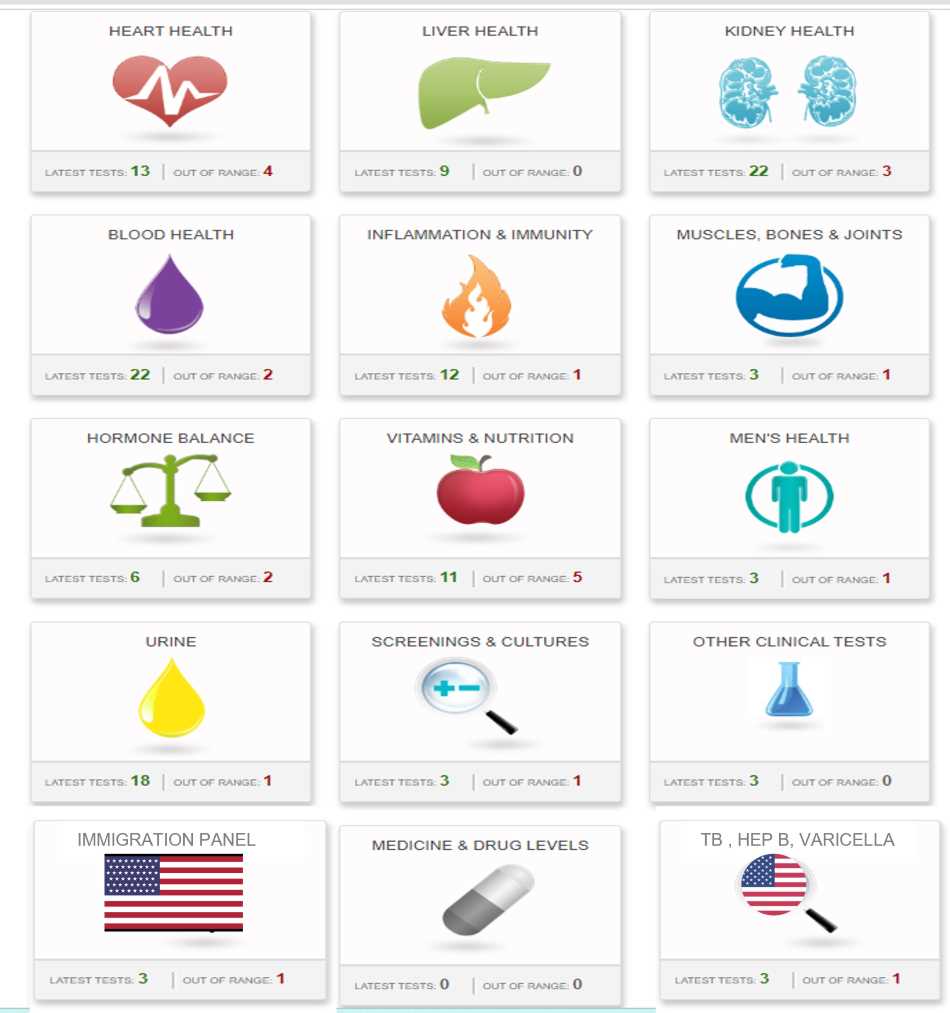HEART HEALTH
Heart Disease Prevention is Key to your Health.
2730 Union Ave, Suite B
San Jose, CA 95124
(408) 684-8600
Heart Health
Heart health refers to the overall well-being of the heart and the circulatory system. The heart is a vital organ that pumps blood throughout the body, providing oxygen and nutrients to the cells and organs. Maintaining good heart health is important for preventing heart disease, the leading cause of death worldwide.
What is Heart Disease?
Heart disease, also called atherosclerotic cardiovascular disease (ASCVD), occurs when fatty material builds up and forms plaques in your arteries. As plaque builds, arteries narrow, making it difficult for organs to get the blood that is needed. Narrow arteries limit blood supply to the heart and create increased risk for heart attack and stroke.
Why is it Important to Get a Basic Lipid Test?
The American Heart Association recommends that beginning at age 20, when plaque usually begins to develop, a basic lipid test be performed. The test includes a measure of your total cholesterol, HDL cholesterol (known as good cholesterol), LDL cholesterol (known as bad cholesterol) and triglycerides. The frequency of follow up will depend on your level of risk.[1]
Does Measuring Cholesterol Indicate Cardiovascular Risk?
New research shows that 50% of people at risk for heart disease are not identified by routine testing. This is because it is the lipoproteins that carry cholesterol, and not simply the cholesterol itself, that determine cardiovascular risk. More than 20% of the population has cholesterol-depleted LDL, a condition in which a patient’s cholesterol level is “normal” but his or her lipoprotein numbers, and hence his or her actual risk, is much higher than expected.
Heart Health Lab Testing
Heart Health testing from BioReference provides a direct measure of the number and size of your lipoprotein particles themselves, providing a more accurate picture of your true risk for cardiovascular disease. The BioReference Heart Health Panel also includes measures of inflammatory markers and independent risk factors (such as high blood sugar) to provide a complete picture of cardiovascular disease risk.
When to get Tested
The first step in reducing risk for heart disease is to know your current risk level by getting tested. The Heart Health report is easy to read and includes an explanation of all results. Based on the specific outcomes of the test, a provider may recommend medications to control certain risk factors and/or suggest lifestyle modifications through physical activity, healthy eating and smoking cessation.
When to Get Tested
Most people with new-onset fatigue are usually advised to change their lifestyles, including diet, exercise habits, and stress levels, to see if such changes can improve symptoms. Should those fail, a visit to a primary care provider typically results in a trial of treatments to address sleep issue or mental health concerns. If symptoms persist, and a diagnosis cannot be made, patients may wish to discuss diagnostic testing using the third party Lab for Chronic Fatigue Profile with Dr. Malhotra. There is no single test that can diagnose Chronic Fatigue. Instead, your physician may need to rule out other causes of persistent fatigue before providing a diagnosis of Chronic Fatigue or tiredness. Make an appointment to a consult with Dr. Neema Malhotra to confirm if testing is right for you and determine a holistic treatment plan.
Contact Us for Heart Health
(408) 684-8600
Pevention
There are several steps you can take to improve your heart health, including:
- Getting your Heart Health, Blood Pressure, Lipids, Diabetes etc. checked regularly.
- Eating a healthy diet that is low in trans fat, and cholesterol, and high in fiber, fruits, and vegetables.
- Maintaining a healthy weight and avoiding obesity.
- Engaging in regular physical activity, such as brisk walking, jogging, cycling, or swimming, for at least 30 minutes a day, most days of the week.
- Not smoking or using tobacco products.
- Limiting alcohol consumption.
- Managing stress through relaxation techniques, such as deep breathing, meditation, or yoga.
- Monitoring and controlling risk factors for heart disease, such as high blood pressure, high cholesterol, and diabetes.
- Regularly visiting your healthcare provider for check-ups and preventive screenings.
By following these steps and making lifestyle changes, you can improve your heart health and reduce your risk of heart disease and other heart-related health problems.
















